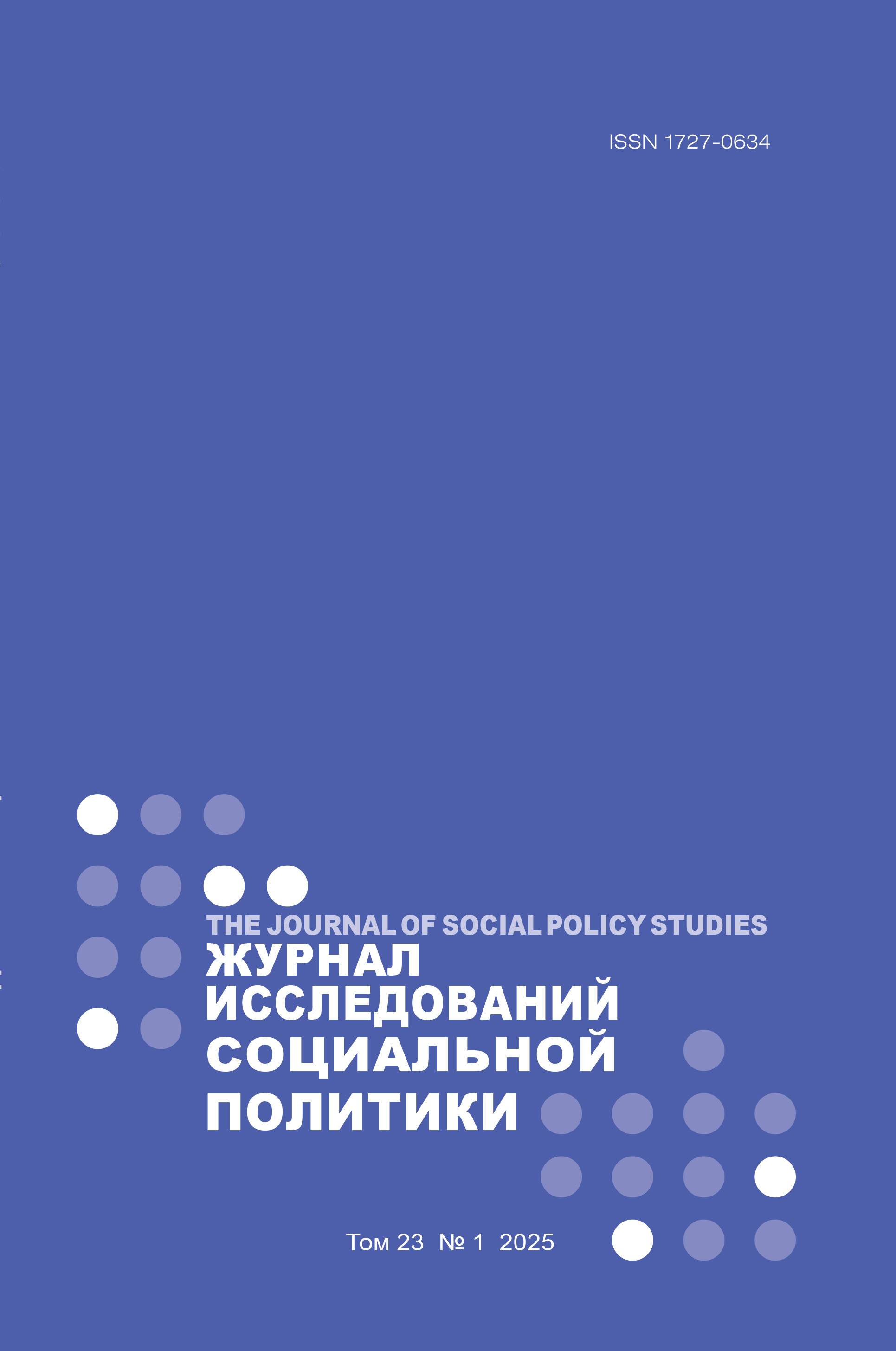Легализация мигранток из стран Средней Азии на рынке заботы о пожилых
Аннотация
В статье анализируются процессы найма и легализации женщин из стран Средней Азии, работающих в сфере заботы. На основе полевого исследования, проведенного в 2023 г., рассматриваются причины роста числа мигранток из Кыргызстана, Узбекистана и Таджикистана, занятых в российских семьях и частных пансионатах по уходу за пожилыми, а также пути их трудоустройства и легализации. В теоретической рамке через концепт «нелегальности» (illegality) исследуются барьеры, с которыми сталкиваются мигрантки при получении правового статуса, роль работодателей в этом процессе и что значит быть «легальной» мигранткой для работы в стране. Основное внимание уделяется структурной зависимости мигранток от работодателей, которые должны оформлять для них документы для возможности работы в России. Осознавая нежелание или неосведомленность работодателей в вопросах легализации, мигрантки самостоятельно оформляют документы через неформальных посредников. Такая схема обеспечивает им формальное право пребывания в стране и одновременно устраивает работодателей, позволяя избежать юридической ответственности за наем иностранной рабочей силы.















